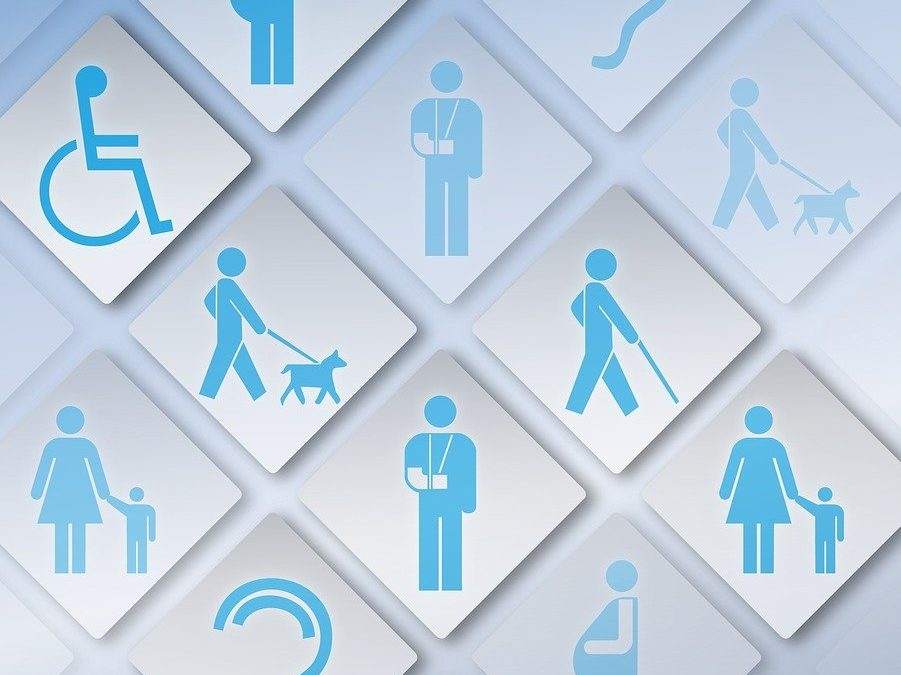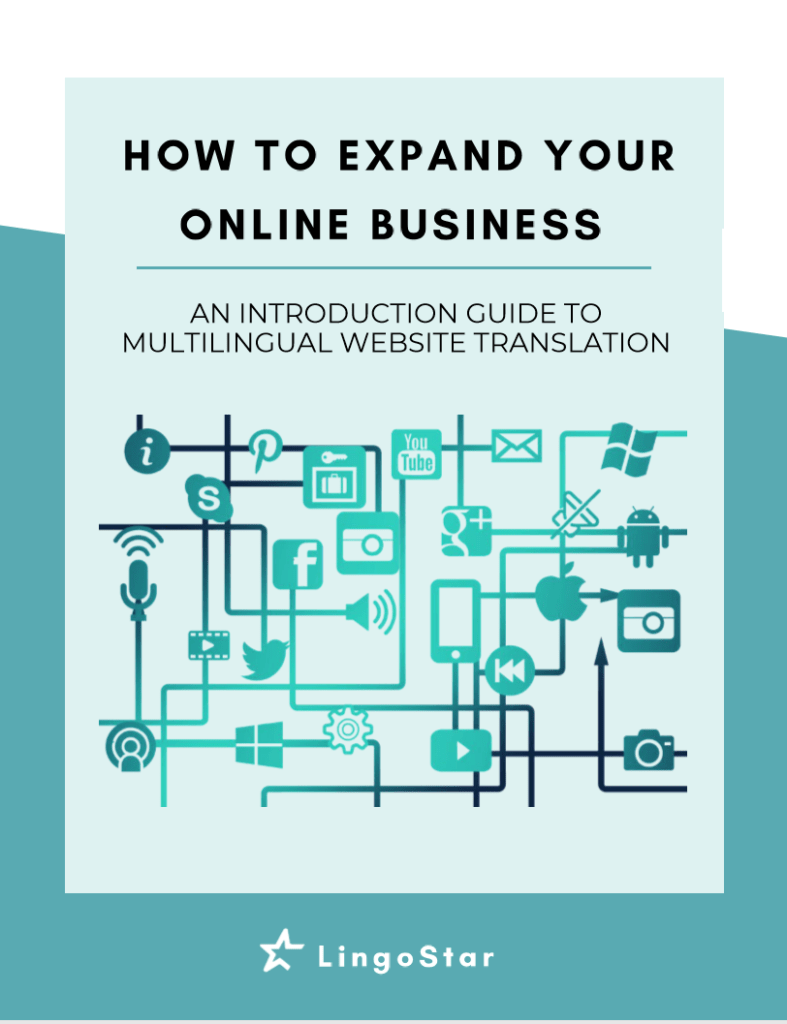Discover what accessibility means in the field of translation
You may have heard the word “accessibility” before, but without fully understanding what it means, particularly in the context of translation. If you are curious and want to gain a better understanding of this concept, read on!
What accessibility means: a brief definition
To fully understand what we mean by “accessibility” it is important to distinguish between the word and the concept. According to the Cambridge Dictionary online, accessibility simply means “the quality of being easy to understand or enjoy”. However, as a concept, accessibility is defined as “the quality of being able to be entered or used by everyone, including people who have a disability”. The key word here is “disability”. Making a place, product or piece of information accessible means that everyone can access it, regardless of any disabilities they may have.
Concrete examples
If, after reading this first definition, you still don’t fully understand the concept of accessibility, don’t worry! Here are some examples of existing accessibility services:
- Audio description for the blind and visually impaired. A voice describes everything happening on the screen, enabling people to enjoy the action. This service also exists in certain museums to describe works of art.
- Subtitles for the Deaf and hard of hearing and/or closed captions. All sounds and dialogues are transcribed into subtitles. This service is also available in theatres and for some live events on television, where it is called live subtitling, ensuring real-time accessibility.
- Sign Language to help deaf people communicate in their everyday lives. It is also used for events on television, such as the news or short political addresses.
- Easy Languages for people who find it hard to read and understand a language or a specific topic. For instance, Easy English or FALC in French.
The evolution of accessibility services
Accessibility services have been around for a long time. Subtitles were developed in the 1930s with the advent of sound films. Audio description was conceptualized in the 1970s. As for sign language, it has existed throughout history in various forms; for example, the currently used British manual alphabet was designed in 1720. However, these services have continuously improved thanks to new technologies. Live subtitling services, for example, have been especially promoted in countries such as the United Kingdom through the BBC channel. From pre-recorded subtitling in the 1980s to live subtitling done by stenographers in the 1990s, and the first live respeaking in 2001, the BBC has always led the way in accessibility. They even set themselves the target of subtitling 100% of their productions, despite the fact that the British Communications Act of 2003 only required 90%!
Why accessibility matters, especially in the field of translation
Now that you have a better understanding of what accessibility means, you might be wondering why it matters. The answer is simple: equality and inclusion. Everyone deserves the same opportunity to access places, products and information. Furthermore, accessibility services can benefit people with and without disabilities. For instance, a survey conducted by the UK charity Stagetext found that 80% of 18-25-year-old viewers regularly use subtitles. Subtitles can improve general understanding and enable viewers to enjoy content anywhere and at any time, including in public places.
In the field of translation, our goal is to make information accessible to foreign audiences. In this case, the barrier is not a disability, as in most of the examples above, but language. This is why the concept of accessibility is at the heart of our work.
How we work towards this goal at LingoStar
At LingoStar, we offer a wide range of language services:
- Translation services
- Localization services (websites and subtitling)
- Voice-over translation services
- Interpretation services
Our mission is to help our clients make content comprehensible to a foreign audience. We want people to be able to enjoy and access all the information in their native language. Therefore, accessibility is very important to our team!
If you need help with your project or would be interested by any of the services listed above, please contact us at 604-629-8420 or send us an email to info@lingo-star.com. Also, don’t hesitate to ask us for a free translation quote!
Looking for useful ideas on how to adapt a website for global audiences and how to grow your business globally? Our free ebook will provide you with some great starting points!
Keen to receive the latest news about the translation industry? Follow us on social media (Instagram, Facebook, X, YouTube, and LinkedIn), read our other blog posts, and, last but not least, join our community by subscribing to our newsletter!



















